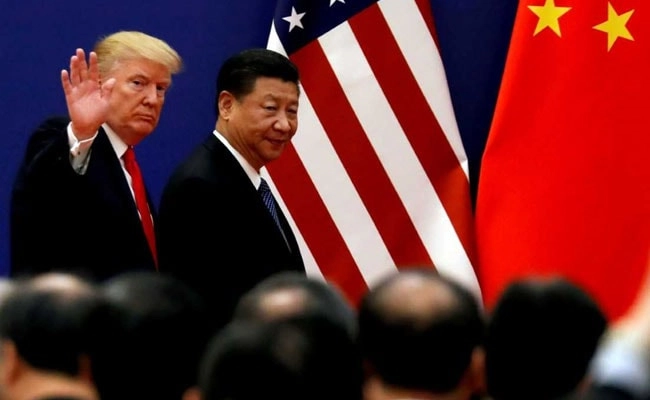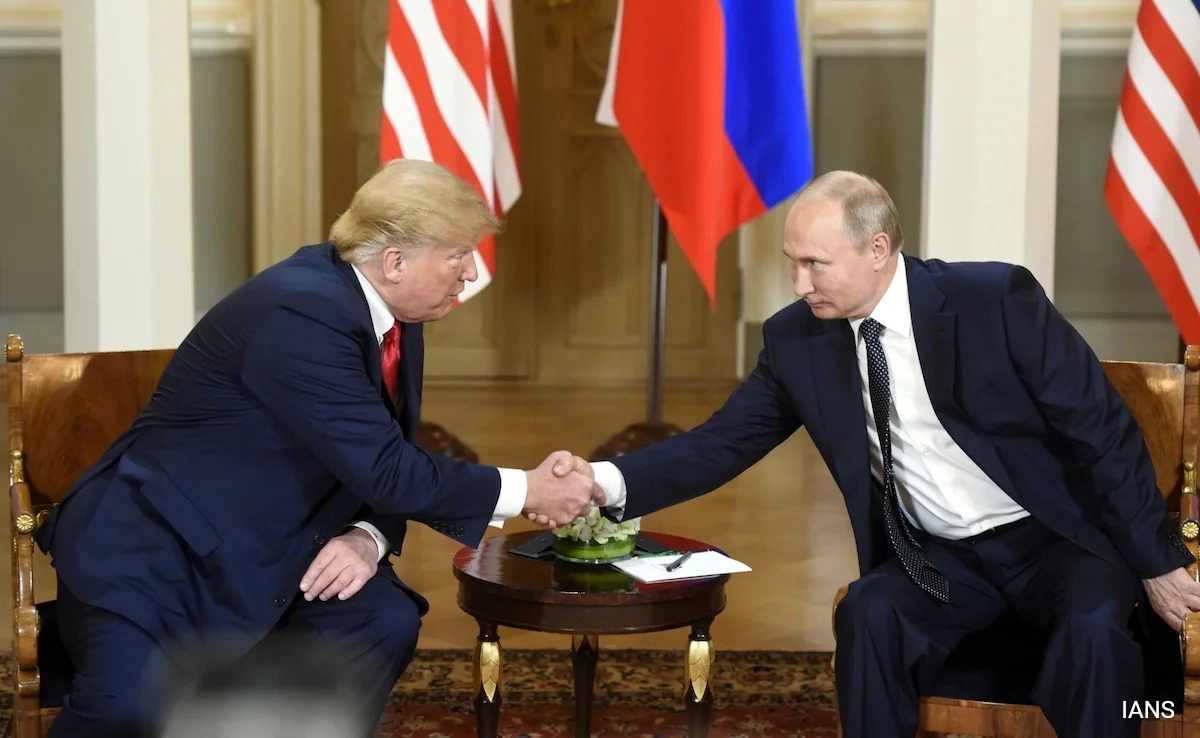The United States has implemented a ban on diplomats engaging in romantic or sexual relationships with Chinese nationals, a move designed to safeguard national security and protect sensitive information. This decision comes amid rising tensions between the two nations, characterized by a complex web of espionage concerns and geopolitical rivalries. The U.S. government is particularly wary of the potential risks posed by personal relationships that could be exploited by foreign intelligence services. By restricting diplomats from forming intimate connections with Chinese citizens, the U.S. aims to minimize the risk of compromising classified information or undermining diplomatic integrity.
The rationale behind this ban is rooted in the belief that personal relationships can lead to vulnerabilities, particularly in the realm of intelligence gathering. Diplomats often have access to sensitive information and discussions regarding national security, economic policy, and international relations. The fear is that a personal connection with a Chinese national could inadvertently lead to the sharing of privileged information or even coercion, where foreign operatives might exploit such relationships for their gain. This policy reflects a broader trend in U.S.-China relations, where mutual suspicion has intensified, and the safeguarding of national interests has become paramount.
Moreover, the ban underscores a growing recognition of the complexities involved in diplomacy in an age marked by cyber threats and espionage. The U.S. has witnessed numerous instances where personal ties have led to security breaches, prompting a reevaluation of how diplomats engage with foreign nationals. This measure is not only about protecting secrets but also about maintaining the integrity of diplomatic missions. It serves as a reminder that personal and professional boundaries must be clearly delineated in the context of international relations, especially with nations where trust is in short supply.
As the U.S. navigates its relationship with China, the implications of this ban extend beyond mere personal interactions. It signifies a strategic pivot towards greater caution and vigilance in diplomatic engagements. The enforcement of such a policy may also impact how diplomats operate, potentially limiting their interactions and hindering the cultural exchange that is often crucial in fostering mutual understanding. Ultimately, while the ban aims to protect national security, it could have lasting effects on the dynamics of diplomacy between the two countries, highlighting the challenges of balancing personal connections with the imperative of safeguarding state interests.




